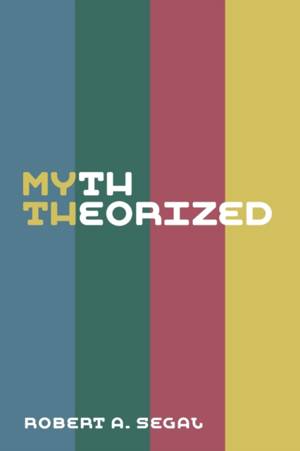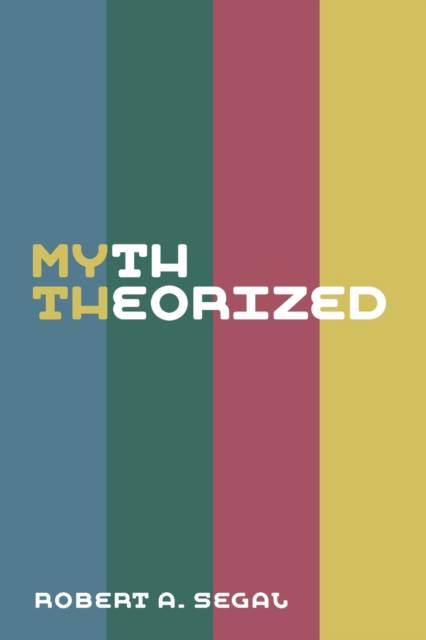
- Retrait gratuit dans votre magasin Club
- 7.000.000 titres dans notre catalogue
- Payer en toute sécurité
- Toujours un magasin près de chez vous
- Retrait gratuit dans votre magasin Club
- 7.000.0000 titres dans notre catalogue
- Payer en toute sécurité
- Toujours un magasin près de chez vous
Description
Myth Theorized provides a survey of some key figures and topics in the modern study of myth. The first part of the book discusses the psychoanalysis of myth including a chapter on the extraordinary changes that psychoanalytic theory has undergone, and one on Otto Rank and his break with Freud which helped transform the focus of psychoanalysis, including myth, from the Oedipal stage to the pre-Oedipal one. This section finishes with a chapter which argues that Freud and Jung are more akin than opposed. The next section looks at hero myths including a detailed history of the study of hero myths, and surveys approaches to hero myths by Otto Rank, Joseph Campbell and Lord Raglan. The author then applies Rank and Raglan to the life of the first king of Israel, Saul, showing how their theories transform the figure to whom they are applied. The following part of the book considers the relationship of myth to natural science including a discussion of the range of views that have arisen over the past 150 years - those of EB Tylor, JG Frazer, Claude Levi-Strauss and Karl Popper. The next section covers myth and politics with an assessment of Bruce Lincoln's Theorizing Myth and Robert Ellwood's The Politics of Myth. The final chapter in this section argues that the theories of Frazer, Rene Girard and Walter Burkert all make violence in religion natural rather than unnatural. The final part of the book discusses the Jungian concept of synchronicity, uses DW Winnicott's idea of make-believe to support the argument that Hollywood stars and their treatment as gods can be said to being divinity back to the world, and asks whether James Lovelock has brought myth back to the world through the Gaia theory.
Spécifications
Parties prenantes
- Auteur(s) :
- Editeur:
Contenu
- Nombre de pages :
- 200
- Langue:
- Anglais
Caractéristiques
- EAN:
- 9781781798645
- Date de parution :
- 15-01-23
- Format:
- Livre broché
- Format numérique:
- Trade paperback (VS)
- Dimensions :
- 156 mm x 234 mm
- Poids :
- 285 g

Les avis
Nous publions uniquement les avis qui respectent les conditions requises. Consultez nos conditions pour les avis.






